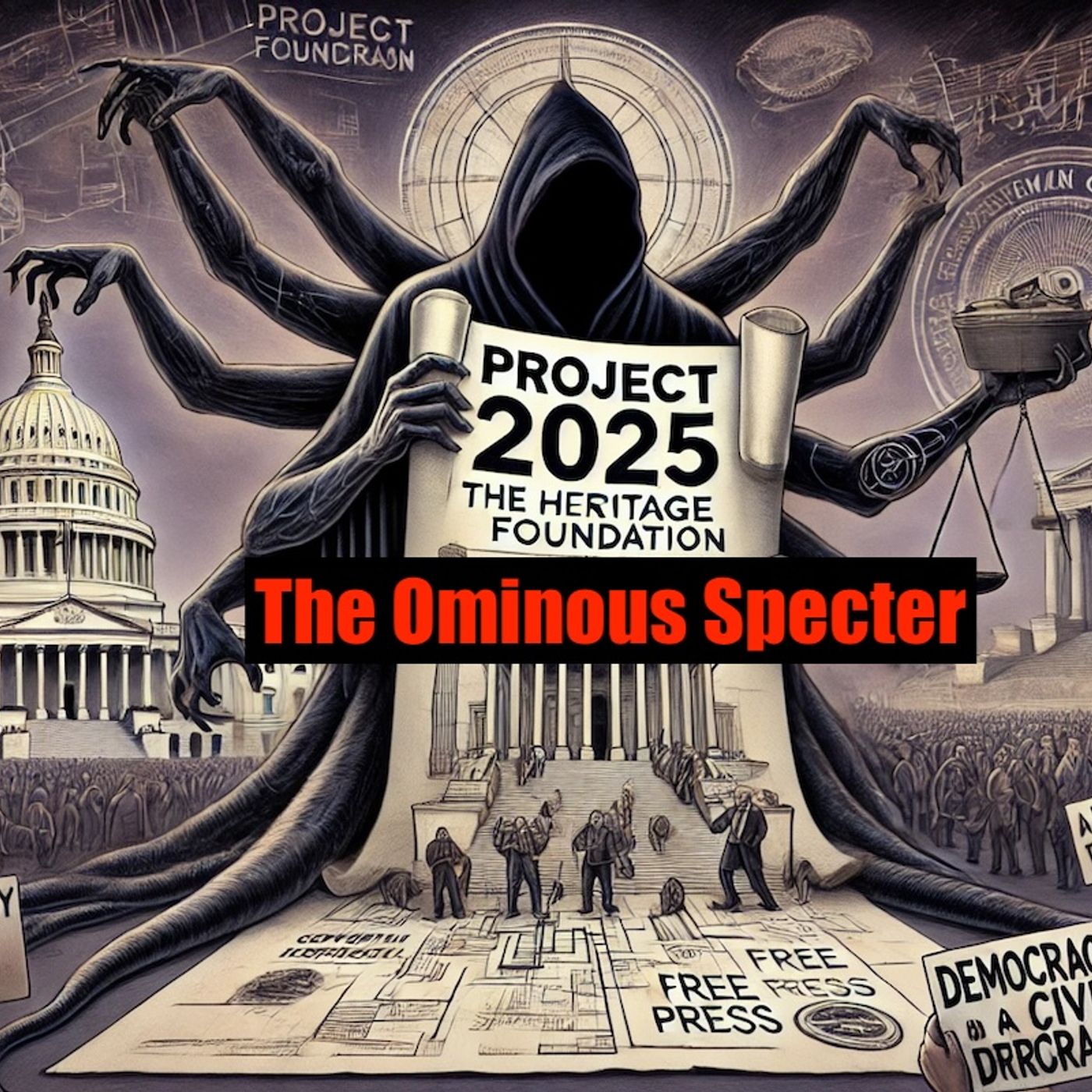
"Project 2025: The Heritage Foundation's Controversial Roadmap to Reshape US Environmental Policies"

Project 2025: The Ominous Specter
Shownotes Transcript
Project 2025 has emerged as a significant blueprint developed by the Heritage Foundation, a well-known ultra-conservative think tank. The initiative is designed with an eye toward influencing environmental and energy policies for a potential second term of Donald Trump's presidency. By targeting regulatory reform and redefining federal involvement in green initiatives, Project 2025 seeks to dramatically shift current environmental policies.The Heritage Foundation, already a potent force in conservative policymaking circles, has devised Project 2025 as a roadmap to roll back various green policies implemented under previous administrations. This has been met with significant controversy given the increasing urgency of addressing climate change globally. The blueprint has sparked discussions and concerns about the future of clean energy initiatives and the U.S.'s role in global environmental leadership.Recently, Project 2025 drew international attention when it hosted an anti-green event bringing together allies of former President Donald Trump and Hungarian Prime Minister Viktor Orbán. This gathering highlighted the transnational connections among right-wing figures in the U.S. and Europe and their shared skepticism toward aggressive environmental regulations. The event underscored Project 2025's potential influence not only domestically but also internationally, as it sought to unify conservative leaders around a common agenda against stringent environmental controls.Key aspects of Project 2025 include revisiting regulatory policies that are perceived by its proponents as overly restrictive to economic growth and national sovereignty. By reassessing the regulatory frameworks that govern emissions, energy production, and land use, the project advocates for a free-market approach to energy and environmental policy. This approach contrasts sharply with current global trends that emphasize sustainability and environmental conservation.Critics of Project 2025 argue that its implementation would be a regressive step in the fight against climate change. Environmental advocacy groups warn that the dismantling of existing regulations could lead to increased carbon emissions and environmental degradation. They stress the importance of accelerating efforts to transition towards renewable energy sources, emphasizing that such changes are crucial for meeting international climate goals and ensuring a sustainable future.The implications of Project 2025 are far-reaching. Should it gain traction and influence future U.S. policy, it could signal a significant shift in how the nation approaches climate and energy issues. The discussions surrounding this initiative highlight a broader ideological battle over how best to balance economic growth with environmental stewardship.As the dialogue continues around Project 2025 and its potential impact, it represents a critical juncture in the intersection of politics, policy, and environmental science. The controversy surrounding its proposals serves as a reminder of the deep divides that characterize the global conversation on climate change and energy policy. The future of Project 2025 and the policies it champions will undoubtedly shape the trajectory of U.S. environmental policy in the coming years, with ramifications that could extend beyond national borders.